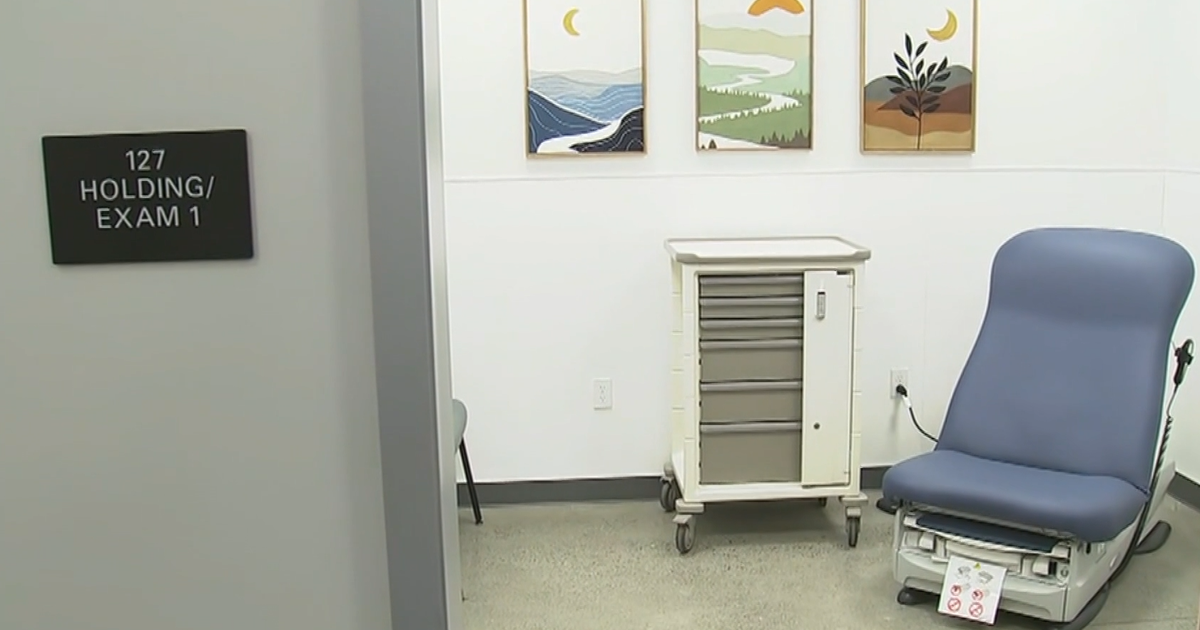Breaking: SF Launches Groundbreaking Mental Health Lifeline Center

San Francisco is set to transform mental health and addiction support with a groundbreaking 24/7 stabilization center located in the heart of the Tenderloin neighborhood. This innovative facility promises to provide critical, round-the-clock care for individuals experiencing mental health crises and substance abuse challenges.
The new center represents a significant step forward in the city's approach to addressing complex social health issues. By offering continuous support and immediate intervention, the facility aims to create a compassionate and responsive safety net for some of the community's most vulnerable residents.
Designed to be a beacon of hope and healing, the stabilization center will offer comprehensive services that go beyond traditional emergency responses. Trained professionals will be available at all hours to provide immediate assessment, support, and guidance, helping individuals navigate their most challenging moments with dignity and care.
This initiative underscores San Francisco's commitment to innovative, human-centered solutions for mental health and addiction, potentially serving as a model for other urban communities seeking more effective and empathetic approaches to supporting those in need.
